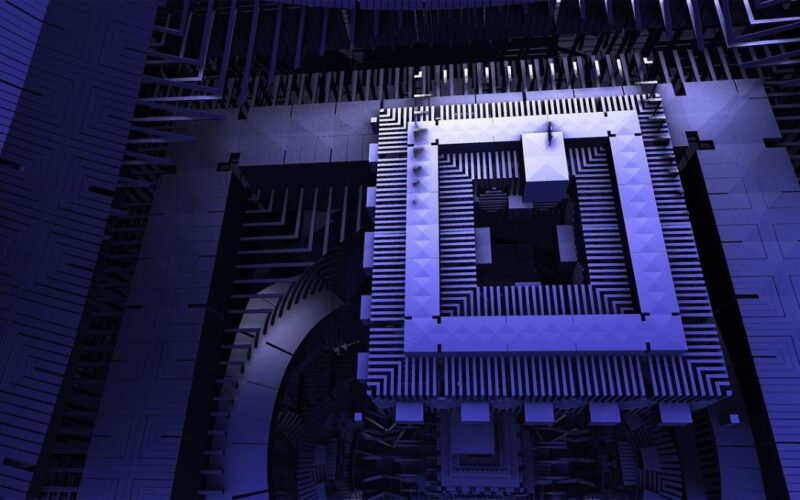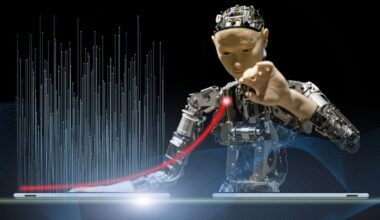As a technology enthusiast, I’ve always been fascinated by the possibilities that quantum computing holds. It sounds like something straight out of a science fiction movie, but it’s real, and it could change the world as we know it. So, what exactly is a quantum computer, and how does it work? In this article, I’ll try to break it down in the simplest terms, based on what I’ve learned so far.
What is a Quantum Computer?
At its core, a quantum computer is a type of computer that uses principles of quantum mechanics to perform computations. But don’t let the word “quantum” intimidate you, it’s just the science that explains the behavior of very tiny particles, like atoms and photons. Classical computers, like the one you’re probably reading this on, use bits to process information. These bits can either be a 0 or a 1. In contrast, quantum computers use quantum bits, or qubits, which are the fundamental building blocks of quantum computing.
Now, you might be wondering, “Why should I care about qubits?” Well, the power of quantum computing lies in how qubits can exist in multiple states simultaneously. Unlike a classical bit, which can only be 0 or 1, a qubit can be both 0 and 1 at the same time. This property, known as superposition, is what gives quantum computers their incredible processing power.
How Does a Quantum Computer Work?
Now that we know what a quantum computer is, let’s dive into how it actually works. The key to understanding this lies in three major principles of quantum mechanics: superposition, entanglement, and interference.
1: Superposition
As I mentioned earlier, a classical bit can only be in one state, either 0 or 1. A quantum bit, however, can be in a superposition, meaning it can be both 0 and 1 at the same time. Think of it like spinning a coin, while it’s spinning, it’s not just heads or tails, it’s both. Only when the coin lands does it choose one of the two options. Similarly, a qubit in superposition allows quantum computers to handle far more data than classical computers in certain tasks.
2: Entanglement
One of the most mind-boggling properties of quantum computing is entanglement. When qubits become entangled, the state of one qubit is directly related to the state of another, no matter how far apart they are. This means that changing one qubit will instantly affect its entangled partner, even if they are on opposite sides of the world! This phenomenon allows quantum computers to solve complex problems in parallel, making them incredibly efficient for certain types of computations.
3: Interference
The third principle is interference, which is how quantum computers take advantage of superposition and entanglement to zero in on the correct answer. In quantum computing, interference allows qubits to amplify the probability of correct outcomes and cancel out incorrect ones. By carefully controlling the way qubits interact, quantum computers can narrow down the possible answers to a problem much faster than classical computers.
Why is Quantum Computing So Powerful?
The combination of superposition, entanglement, and interference gives quantum computers a massive advantage when it comes to certain types of problems. While classical computers can solve many tasks very efficiently, there are some problems that are so complex they would take millions of years for classical computers to solve. Quantum computers, on the other hand, could solve these problems in seconds or minutes.
For example, quantum computers could revolutionize industries such as cryptography, material science, and pharmaceuticals. They could help researchers discover new drugs, design better materials, and break encryption codes that are currently unbreakable by classical computers.
Challenges in Quantum Computing
Even though quantum computing holds immense potential, it’s still in its early stages. Building a quantum computer is an incredibly difficult task. Qubits are very fragile and can easily lose their quantum state due to environmental factors, a phenomenon known as decoherence. Scientists and engineers are working tirelessly to make quantum computers more stable and reliable, but there’s still a long way to go.
Another challenge is that quantum computers are not meant to replace classical computers. Instead, they will work alongside them, tackling problems that classical computers can’t handle efficiently. This means we’ll need hybrid systems where both types of computing power are used in tandem.
The Future of Quantum Computing
Quantum computing is one of the most exciting frontiers in modern technology. While it may seem like a far-off concept, the progress being made is astounding. As more breakthroughs occur in quantum hardware and algorithms, the possibilities seem limitless. From solving complex optimization problems to unlocking new discoveries in medicine, quantum computing has the potential to change the world in ways we can’t even imagine yet.
For now, quantum computers may be beyond the reach of everyday users, but in the future, they could become a powerful tool in solving some of the world’s most pressing challenges. As I continue to follow this incredible journey of innovation, I’m excited to see how quantum computing evolves and transforms industries for generations to come.










